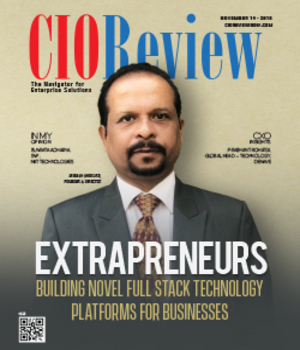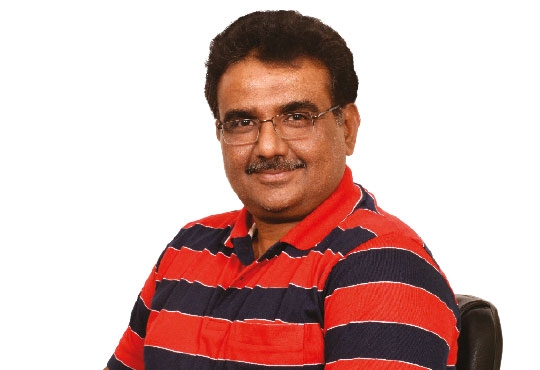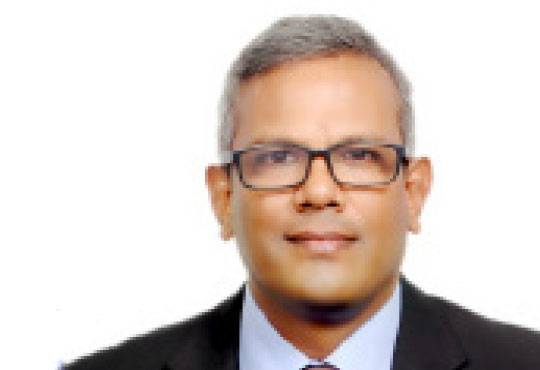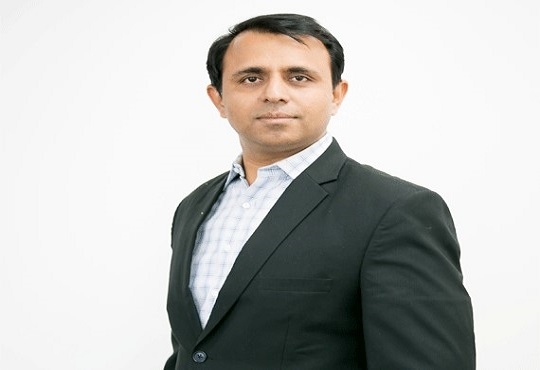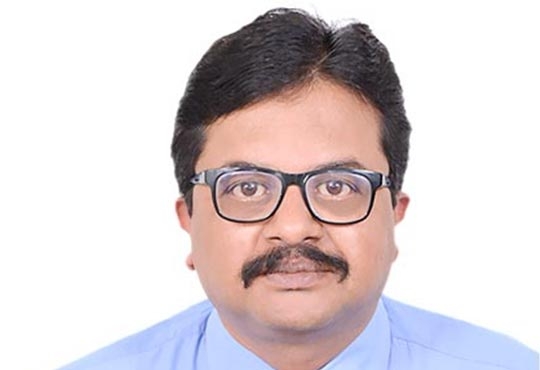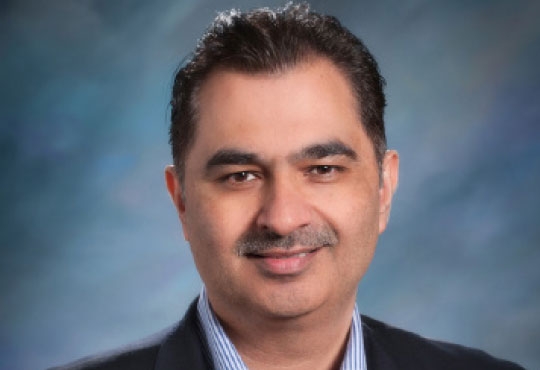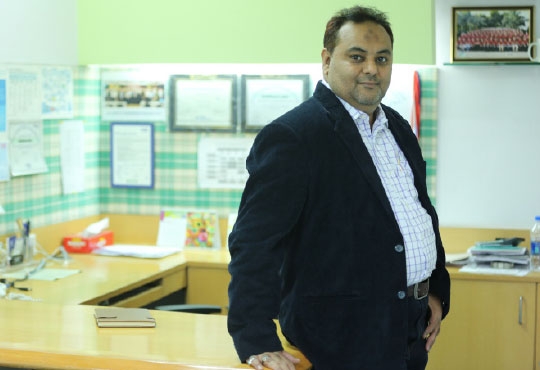
A Case for Social Media's Untapped Power?
Emmanuel Christi Das, Editor | Thursday, 18 February 2021, 18:25 IST
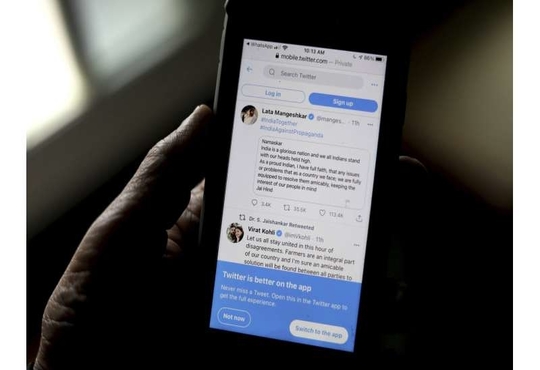 This maybe an understatement, and one cannot stress thsi enough; but social media platforms must be neutral, transparent and consistent in their decision-making process. However, from the looks of it, the government and social media platform, Twitter, are screaming of being partisan, of unaccountable power, of being a law unto themselves. A few days back, Information and Technology minister Ravi Shankar Prasad accused Twitter of “double standards”. To throw some light on it, Prasad was implying to the alleged biased approach taken by Twitter with respect to the events at Capitol Hill in the US and the Red Fort in India on Republic Day. This followed the government's issuing notices seeking the blocking of social media accounts for allegedly spreading misinformation and provocative content in the aftermath of the violence witnessed during the tractor march by farmers on January 26. Though Twitter did block some accounts, in its response to having not blocked accounts either on January 31 or after the February 4 notice, it stated, that the said accounts complied with their policies on free speech and that the platform believed that “the notices sent to it were not consistent with laws in the country”.
This maybe an understatement, and one cannot stress thsi enough; but social media platforms must be neutral, transparent and consistent in their decision-making process. However, from the looks of it, the government and social media platform, Twitter, are screaming of being partisan, of unaccountable power, of being a law unto themselves. A few days back, Information and Technology minister Ravi Shankar Prasad accused Twitter of “double standards”. To throw some light on it, Prasad was implying to the alleged biased approach taken by Twitter with respect to the events at Capitol Hill in the US and the Red Fort in India on Republic Day. This followed the government's issuing notices seeking the blocking of social media accounts for allegedly spreading misinformation and provocative content in the aftermath of the violence witnessed during the tractor march by farmers on January 26. Though Twitter did block some accounts, in its response to having not blocked accounts either on January 31 or after the February 4 notice, it stated, that the said accounts complied with their policies on free speech and that the platform believed that “the notices sent to it were not consistent with laws in the country”.
That’s a good thing but, of course, the seeming arbitrariness of decision-making of social media platforms is not an India-specific concern. A few days ago, French President Emmanuel Macron expressed his displeasure at the way social media platforms which had “helped President Trump to be so efficient” “suddenly cut the mic” the moment “they were sure he was (out of) power”. This lack of consistency and the absence of clearly defined rules on part of social media platforms is sparking anxieties and conversations around the world. Considering the immense power wielded by these platforms — they contribute to shaping online public discourse — how these issues are resolved will have far-reaching effects. The decision of when to “cut the mic” cannot arguably be left in the hands of a private player alone, where it is made by unelected executives with questionable incentive structures and opaque systems of accountability.
The government also needs to be more transparent in its decision-making. When it asks a social media platform to block hundreds of accounts, that must be guided by a pre-defined and publicly disclosed set of rules. Failure to do so means that for all the government’s talk of freedom of expression and open democratic systems, the blacklist can be used to silence critical voices. The absence of information only serves to strengthen mistrust. In the confrontation between big tech and government, both have much to consider and many questions to answer.
CIO Viewpoint
Technology Partner and Business Growth
By Mehdihasan Naqvi, Head IT, Otis Elevator Company
"Technology Partner" - in today's dynamic business
By Uday Sakunala, Head-IT, Hexagon Capability Center India
Collaborating with Technology Partners for...
By Joseph Kiran Kumar, Director and Head- IT, Eisai Pharmaceuticals India Pvt. Ltd
CXO Insights
How Low-Code is Transforming the Future of Work...
By Deepak Pargaonkar, VP, Solution Engineering, Salesforce India
By Suresh .V. Menon – Principal Consultant on Six Sigma and Strategic Management.
Ecosystem innovation: an enabler for digital...


